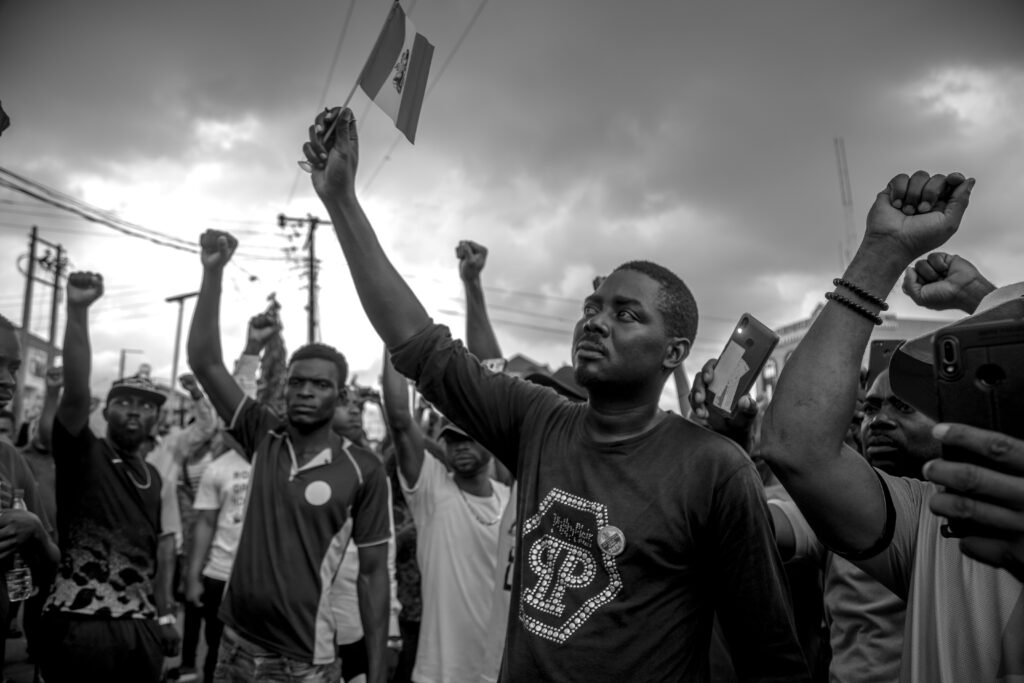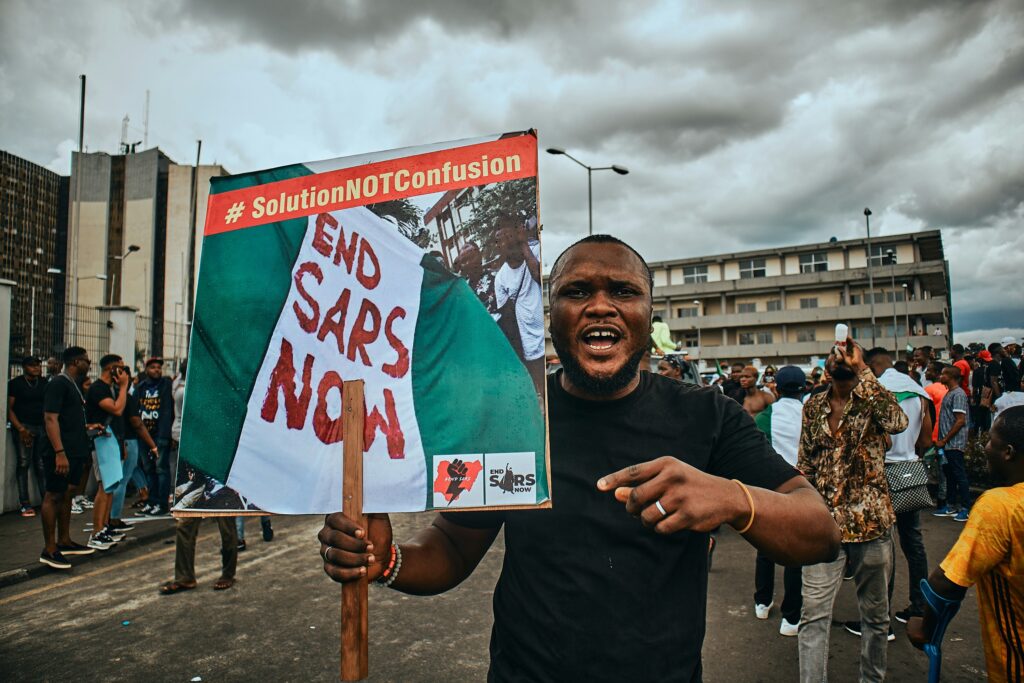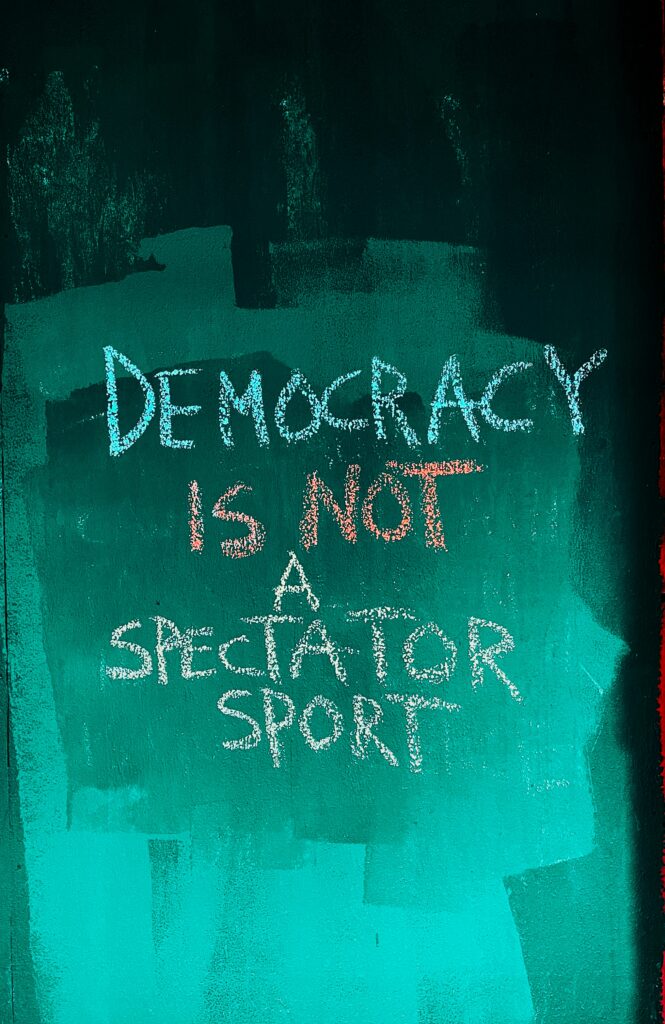
Every year, Nigerians pause to remember a stolen victory and a democracy that was denied. Nigeria’s Democracy Day is more than a random public holiday. It symbolizes the triumph of the people’s will over military authoritarianism. It also recognizes the rise of a digitally empowered generation committed to refusing for history to repeat itself.
This article traces the legal evolution from Abiola’s annulled victory in 1993 to digital democracy. We will also discuss how the denial reshapes the nation’s political consciousness and explore the role of youth civic participation in safeguarding democracy.
Why June 12th? The Legal and Political Significance of Nigeria’s Democracy Day
Before we dive into the 1993 election, it’s essential to understand why June 12th became the symbol of Nigeria’s Democracy Day. This date once represented “the freest, fairest, most inclusive presidential election” in our nation’s history. Yet, it was one in which the people’s will, the results were dismissed.
By making June 12th our official Democracy Day in 2018, Nigeria did more than honor a date. It was a legal and symbolic pivot that reclaimed our collective conscience and hope. Let’s look at MKO Abiola’s annulled mandate and why that moment still echoes through Nigeria’s democracy today.
The 1993 Abiola Victory & Its Annulment
On June 12th, 1993, Chief Moshood Kashimawo Olawale (MKO) Abiola won Nigeria’s presidential election. His victory truly represented the people’s choice, with over 8.3 million votes and 58% of the total across 19 states. International observers called it the “freest and fairest election” in Nigeria’s history.
However, General Ibrahim Babangida’s military government annulled the election results, citing legal and security concerns. The annulment plunged the nation into political chaos and crisis. This was an act of preserving power rather than protecting democracy.
To make things worse, it created a legal limbo. Abiola was imprisoned and died in custody in 1998. Though never sworn in by law, Abiola was the people’s president.
The injustice served by the annulment of the June 12th election didn’t just interrupt governance. It spurred a wave of legal and civic defiance.
The Official Recognition
The struggle endured throughout military rule and into civilian governments. On June 6th, 2018, President Buhari signed a bill moving Democracy Day to June 12th. He also awarded Abiola the Grand Commander of the Federal Republic (GCFR) and declared the date a national public holiday.
Lagos unveiled a towering statue of Abiola. In June 2019, Abuja’s national stadium was renamed in his honor. These changes anchored the public memory in law, history, and space.
In February 2025, Babangida finally acknowledged the election was “undoubtedly credible.” He also confirmed that Abiola deserved victory. His confession not only healed historical wounds caused by an election we have never forgotten. It also reaffirmed June 12th’s role in honoring electoral justice. This recognition reinforces the legal and moral foundation of Democracy Day in Nigeria.
From 1999 Onward: Democracy Day and More Legal Frameworks
The 1999 Constitution ushered in Nigeria’s Fourth Republic and began the first civilian rule since the Abacha regime. Democracy Day, first observed in 2000, marked a renewed commitment to elections, the rule of law, and human rights protection.
Over the years, the judiciary has become more robust. Losing candidates can file election petitions, which are reviewed in court. Civil organizations monitor elections. Citizens have the right to vote, to engage in peaceful protest, and to free speech. The courts now handle election petitions and uphold justice.
Democracy Day celebrations have evolved from ceremonial events to avenues for dialogue on governance. They have slowly become platforms for legal education, civic engagement, and democratic renewal.
Legal Implications of Government Regulation of Social Media
Social media is a significant medium for free expression. The digital age has introduced new complexities to Nigeria’s democratic landscape. The government’s Twitter ban exemplifies legal friction between free speech and national security concerns.
Free Speech vs. National Security
In 2021, Twitter was suspended after the platform removed President Buhari’s tweet threatening civil war. The National Broadcasting Commission (NBC) also ordered broadcasters to delete officials’ tweets. The potential criminal penalties for violations include fines and jail time. The ban on “harmful content” has sparked fears of censorship.
The Independent National Electoral Commission (INEC) aims to curb election misinformation. Unless laws are appropriately tailored, they can suppress democratic participation and criticism.
Nigeria’s constitution protects free expression but limits defamation, hate speech, and misinformation. Yet, legislation enforces order without influencing democratic discourse. These legal restrictions impact social media regulation in Nigeria.
Case Study: #EndSARS Movement

The #EndSARS protests of October 2020 are a compelling case of digital activism. Young Nigerians used hashtags, live streams, and digital tools to mobilize against police brutality. These events show how civic engagement can clash with power when laws are not defined or abused.
Court cases from this event highlight the tension between traditional governance and digital-age democracy. They set the pace for digital rights and youth participation in Nigeria.
Digital Era: Youth Participation in Democracy
In 2022, voter registration made history, with 10 million new voters ahead of the February 2023 elections. Over 76–84% of the new registrants were between 18 and 34. Out of 93.4 million registered voters, the youth formed almost 40%.
The surge in PVC youth registration reflects growing political awareness among the youth. High social media usage among Nigerian youth has translated into robust civic engagement. Digital platforms provide unprecedented access to political information, candidate profiles, and policy discussions, enabling informed electoral choices and sustained political mobilization.
Role of Social Media in Democratic Participation
Social platforms have revolutionized youth political participation in Nigeria. The #EndSARS protests and the Peter Obi presidential campaign demonstrated this. Digital activism in Nigeria shows how young citizens leverage technology for political engagement.
In 2023, the online “Obidient” movement behind the Labour Party’s Peter Obi increased. What started as random people tweeting in a room ignited a wave that delivered 6.1 million votes alongside multiple legislative wins.
These digital activism efforts forced major parties to adapt. The intersection between digital activism and traditional political processes creates opportunities for youth to influence governance.
How Nigerian Youth Can Fully Embrace Democracy
Understanding past democratic battles empowers young Nigerians to navigate contemporary challenges. MKO Abiola’s legacy is both an inspiration and an instruction for protecting democratic values. Here are actionable steps for the youth:
- Know Your Rights
Invest in civic education. Your knowledge of the constitution, petition processes, and laws on protest and speech will make a difference. Learn how to petition election results. Engage with election tribunals. Be ready to challenge laws that hamper civic and digital freedom.
- Combine Digital & Real-World Action
Effective democratic participation requires combining digital activism with offline engagement. With social media, you can avoid misinformation and leverage platforms for constructive dialogues. Peaceful demonstrations are also powerful tools for expression. Young activists must learn to balance digital awareness with physical presence.
- Facilitate PVC Registration and Voting
PVC registration is the foundation of electoral participation. More importantly, an informed voter is a powerful one. Your electoral choices reflect your democratic values and personal interests. Drive voter registration campaigns in your circles. Help collect PVCs. Verify polling units. Volunteer as election observers.
- Use Legal Tools
Citizens can defend democracy by using legal tools to file petitions. Working with public interest lawyers gives you access to pro bono legal advice. With these tools, you can raise legal challenges or support activists under threat. Understanding these resources empowers youth to address grievances through proper channels.
- Follow Through
Participation doesn’t stop after casting your vote. Youth representation in local councils, student governments, and non-governmental organizations provides practical experience. These platforms offer opportunities to develop political skills while addressing community challenges.
Run for youth councils and support NGO leadership. Do not hesitate to hold elected leaders accountable. Push for digital policy transparency. Keep civic conversations alive even after the election and campaign seasons.
Conclusion

Nigeria’s Democracy Day evolved from a rigged 1993 election into electoral justice and constitutional progress. Honoring June 12th reaffirms that you can’t cheaply steal a people’s will. Since 1999, our courts, civic rights, and civil society have grown stronger. Still, today’s democracy thrives with free speech, social media’s influence, and vibrant youth activism.
June 12th is more than a public holiday. It’s a call to action. It invites Nigerians, especially the youth, to civic engagement. Armed with smartphones, PVCs, and legal tools, young citizens are building on Abiola’s legacy. Every share, tweet, well-informed vote, and petition filed strengthens Nigeria’s future.
The lesson is clear: democracy requires more than celebration. It demands active participation, legal awareness, and informed civic action. As we commemorate Democracy Day, let’s commit to protecting our democratic institutions. That’s how we truly honor the legacy of Nigeria’s Democracy Day.
